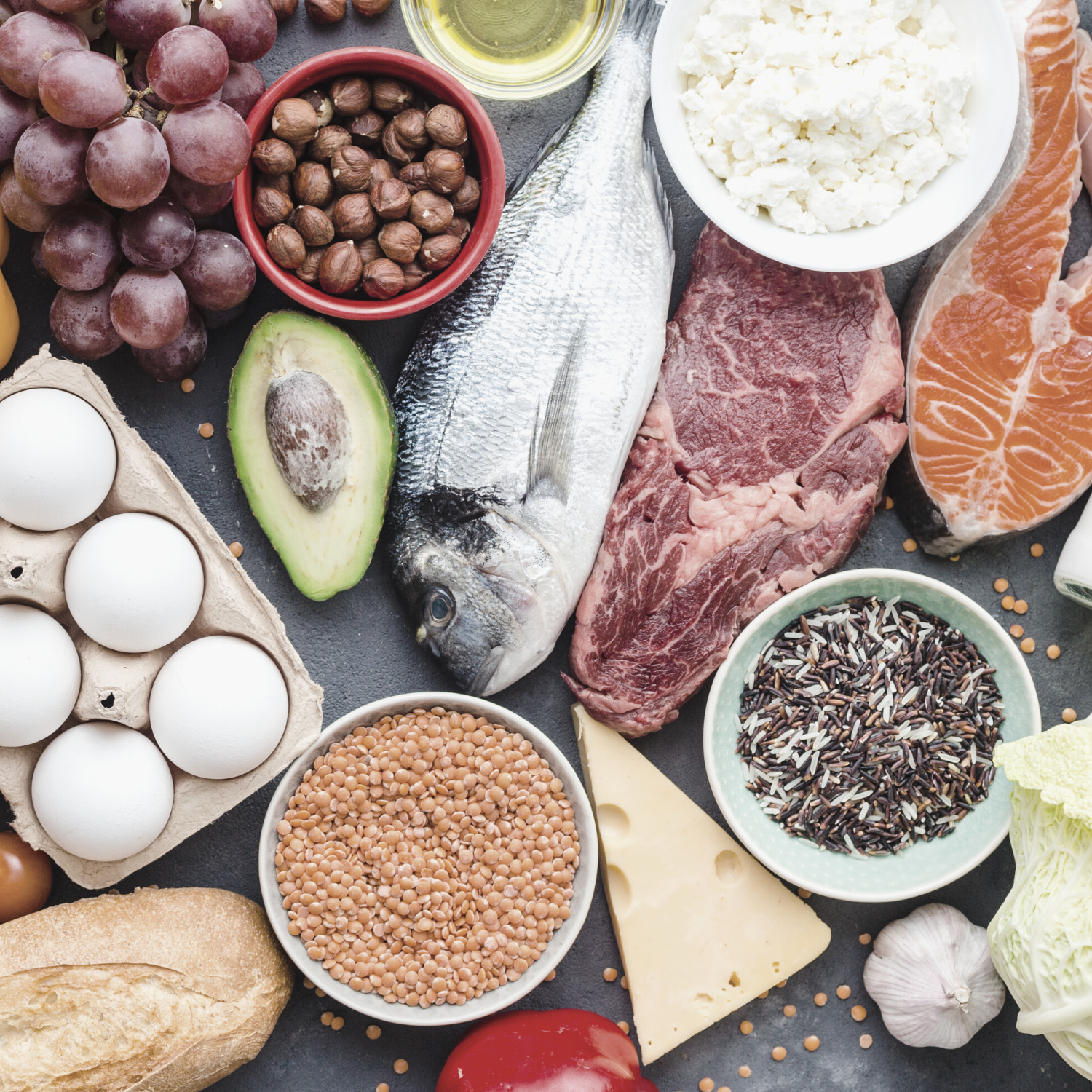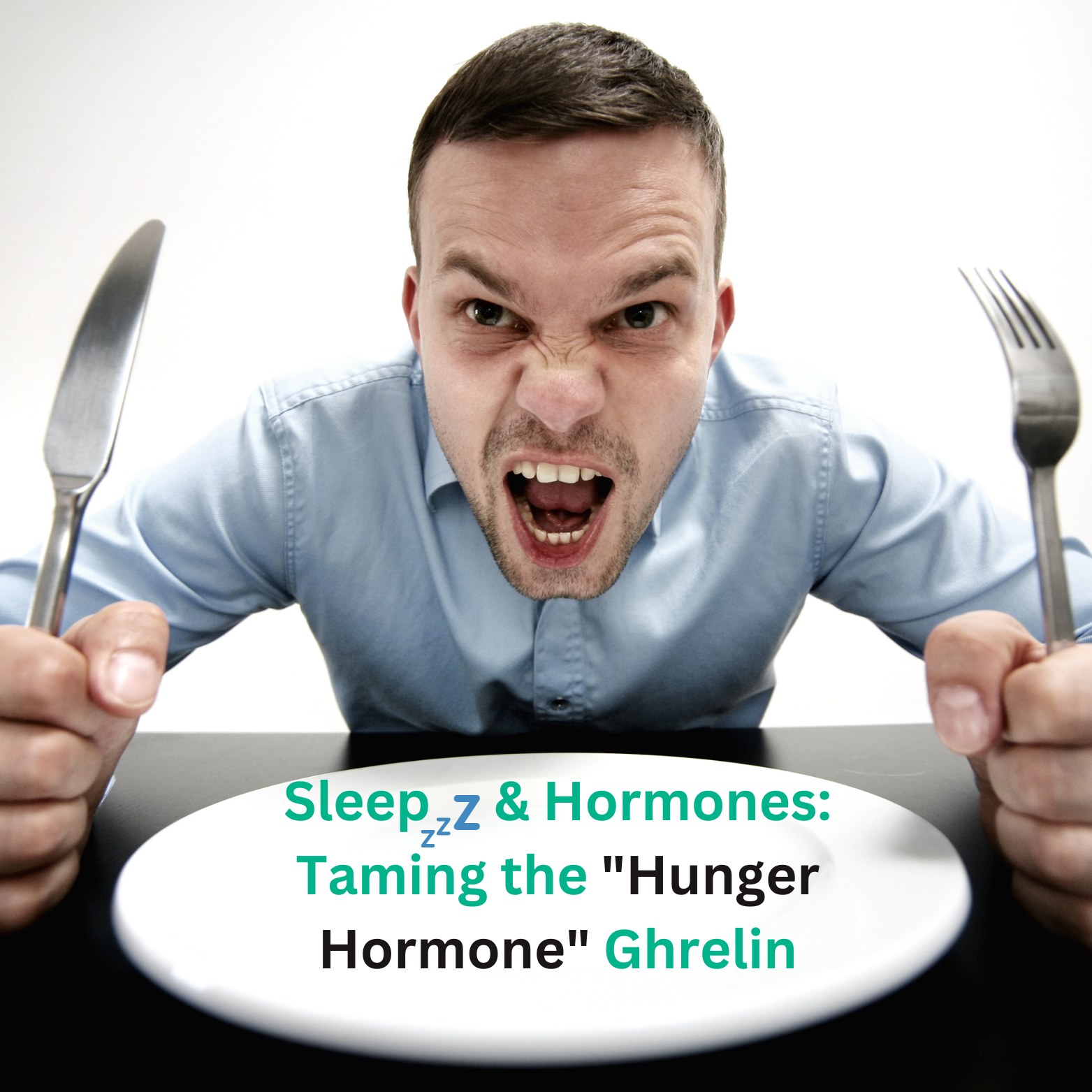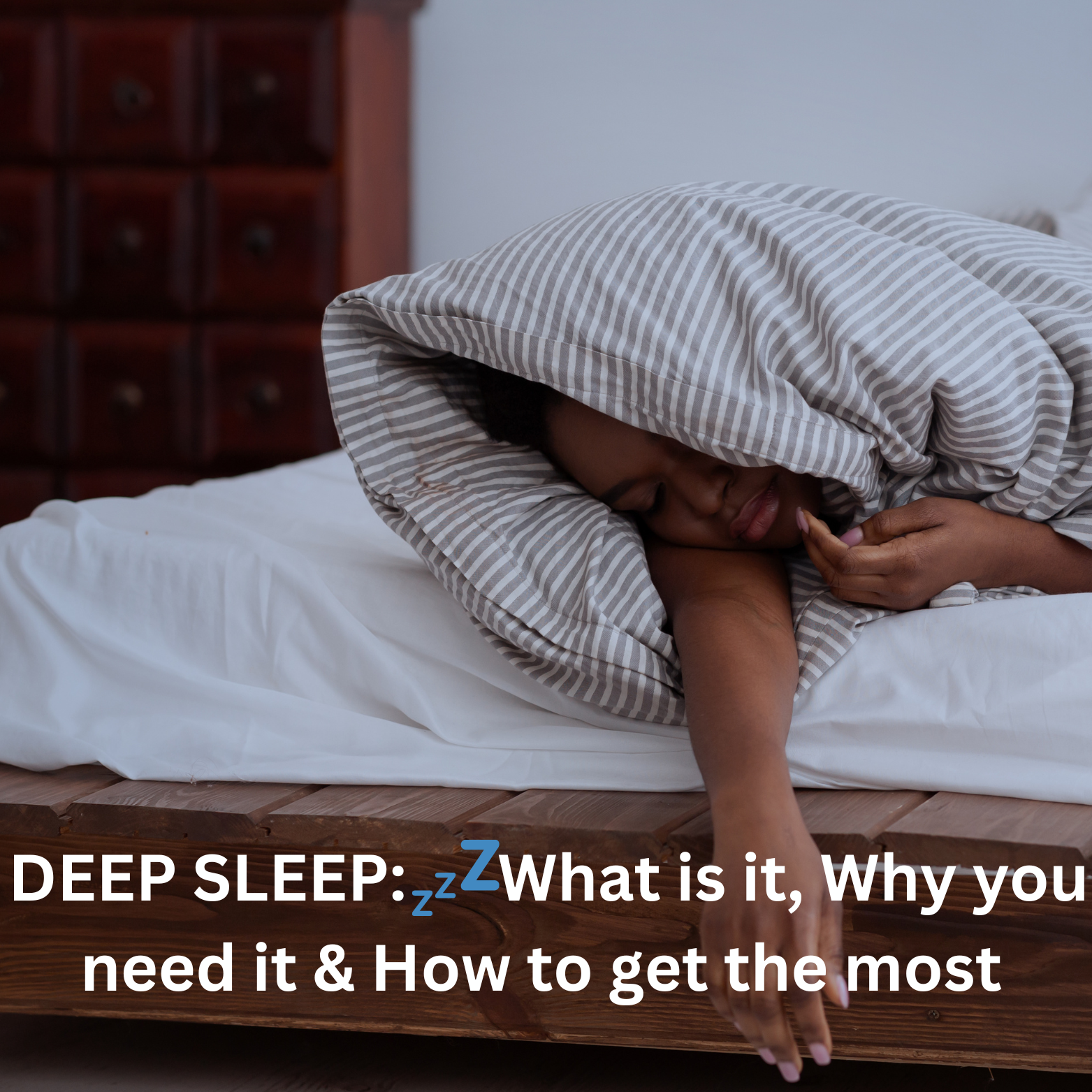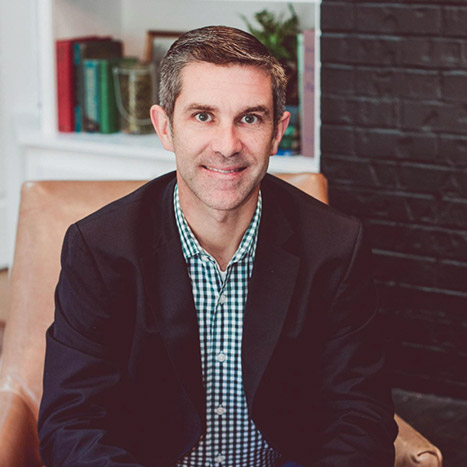We’ve all heard the age-old adage “You are what you eat.”
Cliché? Perhaps.
But it’s true — your diet can have a significant impact on your overall health, both on a day-to-day basis and long-term.
While the links between nutrition and obesity, diabetes, and cardiovascular health are common knowledge to most of us, many people don’t pay enough attention to the foods we eat and how they affect our sleep.
For the longest time, I didn’t make the correlation between nutrition and sleep. I wondered why I would sleep great on some nights and wake up multiple times a night on others.
By tapping into my diet over time, I realized that the way I was eating had a major impact on my quality of rest. And not just what I would eat, but when.
Your best bet when it comes to eating right for good sleep?
While there’s no magic recipe for perfect sleep, focus on a well-balanced diet of fruits and vegetables, whole grains, lean proteins, and dairy, and keep to a somewhat regular eating schedule.
Here are a few specific tips to keep in mind for optimal sleep:
- Keep sugar in check.“When you over-consume carbohydrates or sugar, you overtax your pancreas, and your insulin receptor sites begin to get burnt out,” says Josh Axe, co-founder of Ancient Nutrition. “This leads to extra sugar in your bloodstream, which causes inflammation throughout your entire body.”
He goes on to explain that when your insulin gets imbalanced, it affects cortisol, melatonin, estrogen, progesterone, testosterone — all of the hormones that cause your body to stay hungry, produce more food cravings, increase irritability, and decrease your body’s ability to burn fat.
Sugar also spikes your energy level, but those surges always lead to a crash, which can have you reaching for caffeine, sneaking in a poorly-timed nap, or making poor food choices — all of which can affect your sleep.
- Focus on healthy fats, magnesium, and potassium.
So, what specific foods should you eat to avoid elevated sugar levels and poor quality sleep?
- Healthy fats,such as coconut, avocado, olives, nut butters, seeds, grass-fed beef, and eggs
- Magnesium-rich foods,like seeds, spinach, and beans
- High-potassium foods,including squash, sweet and white potatoes, white beans, yogurt, orange juice, cantaloupe, and bananas
Also, when it comes to snacking if you’re going to eat carbohydrates, try to pair them with a protein for a better balance.
- Eat during daylight hours and fast when it’s dark.As a general rule of thumb, nutritionists will tell you to wait about three hours between your last meal and bedtime.This eliminates glucose spikes that can impact your sleep and allows digestion to occur when you’re still awake, so your body isn’t overworking when it’s time to rest.Think of it like your car. If you turn off your car in the driveway but leave the interior light on, it may cause problems in the morning. (You might have to crank the engine a few times and even jump the battery.) When your body has to work throughout the night to digest food, you might need more time to recharge come morning.
- Drink plenty of water throughout the day.A lack of water throughout the day can most definitely negatively impact your sleep.Dehydration can dry out your mouth and nasal passages to increase snoring and prevent you from getting into the deep, restorative sleep mode. It can also cause leg cramps, which can wake you up throughout the night.
Rather than chugging all the water right before bed (which could keep you up all night), try to stay well-hydrated consistently by keeping a bottle of water nearby throughout the day.
- Limit your caffeine intake, especially later in the day.According to sleep professor and author Dr. Matt Walker, coffee can have a surprising impact on our sleep.
In his “Sleeping with Science” TED Talk series, he explains that caffeine, for the average adult, will have what we call a half-life of about five to six hours. What that means is that after about five to six hours, 50 percent of that caffeine that you had is still circulating in your system. In other words, let’s say that you have a cup of coffee at 4pm in the afternoon. At 10pm, half of that caffeine could still be lingering in your body, making it harder to fall asleep and stay asleep soundly throughout the night.
Caffeine can also actually decrease the amount of deep, restorative sleep we get in a night, leaving you feeling tired even after a full night’s sleep.
A good alternative to coffee later in the evening? Hot teas, particularly herbal varieties, that, when consumed close to bedtime, have been shown to promote sleep.
- Just say no to booze before bedtime.
Sure, a glass of red wine (or another cocktail) can definitely make you drowsy, but there’s research that shows it actually disturbs the quality of your sleep later in the night.
Dr. Walker explains that, while alcohol will put us in a state of sedation, it can fragment our sleep. “Alcohol can trigger and activate during sleep what we call the fight or flight branch of the nervous system, which will therefore wake you up more frequently throughout the night,” he explains. “And alcohol can even increase the amount of alerting chemicals that are released by the brain, once again fragmenting your sleep.”
A good night’s sleep is well within your reach if you pay attention to what you’re eating during the day.
This requires some mindfulness on your part, but it’s entirely within your control. To keep your mental, physical, and emotional health in check, recognize the correlation between nutrition and sleep to create opportunities to eat smart, sleep better, and live an overall healthier life.
So, are you ready to make the nutritional changes need to catch better Zzzz’s? Check out our resources geared toward better rest:
Nutritional Interventions to Improve Sleep in Your Household presented by The Johnson Center
Podcast: Eat These Foods to Improve Your Sleep Quality
https://themodelhealthshow.com/food-and-sleep/
5 Tips to a Better Night’s Sleep
https://berestedbewell.com/5-tips-to-a-better-nights-sleep/
The Benefits of Healthy Meal Planning
https://eatmightymeals.com/the-benefits-of-healthy-meal-planning/
Five Ways to Have a Blood-Sugar-Friendly Lunch
EPISODES TO CHECK OUT:
Episode 56 with Rachel Lett of Span Health (Nutrition Tracking App)
Episode 30 with Nick Clemente Levels Health (CGM)
Episode 33 with Cameron Baron Measuring Macros





